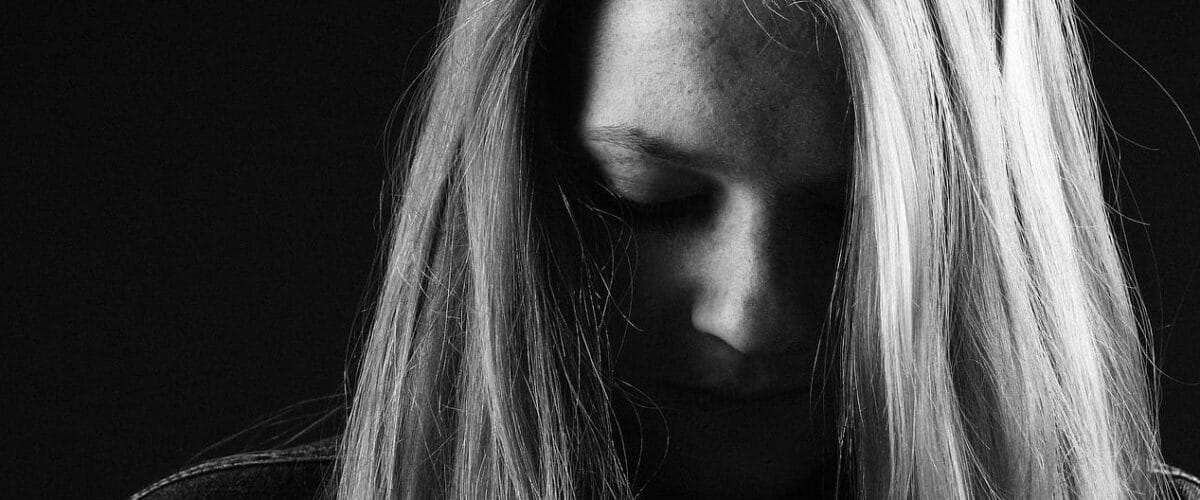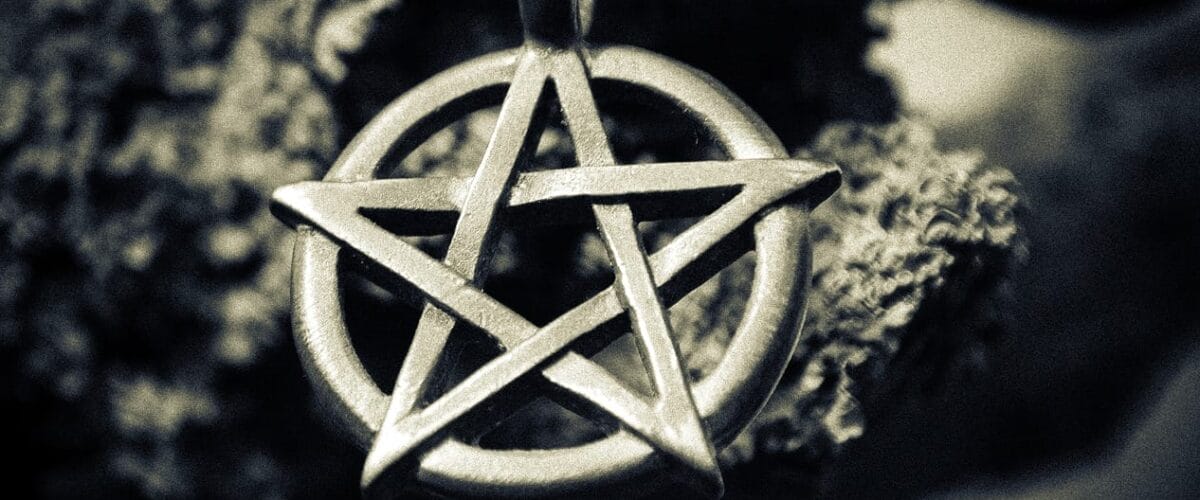I remember my father observing, more than forty years ago, that “most people are uncomfortable in their own company”. I remember at the time thinking that this was probably true enough, but I had no idea just how true it would prove to be. My father’s point wasn’t that a person left on their own couldn’t find something to do, on the contrary, he believed that they would find almost anything to do . . . if it meant they could escape their own thoughts. I couldn’t have predicted just how true this observation would end up being — given that we are ever being seduced into a perpetual state of distraction by our irreplaceable backlit devices, ever occupying us with the mindless vanity and banality of our culture.
Interestingly enough, the 17th-century French philosopher and physicist, Blaise Pascal observed “All of humanity’s problems stem from man’s inability to sit in a room alone.” So clearly this isn’t simply a modern problem, but rather, there is obviously something unsettled in the human psyche, drawing us away from a more contemplative life. And again, Pascal gives us a clue as to why “Man is incapable of seeing the nothingness from which he emerges and the infinity in which he is engulfed.” Which is to say — the impulse of the finite mind is to push into abstraction anything that it can’t pull into a reductive explanation . . . and then simply set aside as trivia.
Now, all of this might strike you as nothing more than a high-minded intellectual exercise without any practical implications on how you live your daily life. And that would be true if my only expectation was that you’d be attempting to ponder the imponderable. But my point actually has little to do with the particular content you choose to ponder, rather I’m more interested in knowing whether or not you’re willing to take Pascal’s challenge of facing the empty room . . . and discover who you might be, without any external stimulation. And I guess I’m also hoping that you’d be just a little curious about what you might discover there.
In our naked vulnerability, as the onion is peeled, our abiding fear is that we might find out, that an “onion” may be all that we are — that without all of our peripheral possessions, amusements, and affectations . . . at the core — we are hollow. Could it be that the deep longing of our soul is to be reconciled with our own existence – that in fact the hollowness we experience at the very center of our being is the “God-shaped void?” . . . another phrase commonly attributed to Pascal. This also resonates with St. Augustine – “You have made us for yourself, O Lord, and our hearts are restless until they rest in You.”
And this is a restlessness, of which, not even a confessing Christian is immune because it is such a primal longing — it isn’t simply intellectualized, and thereby reduced into an explainable resolution . . . as if our longing for God, the longing of the finite for the infinite, could be comprehended with a simple trick of the mind. The psalmist in Psalm 46:10 entreats us to “Be still, and know that I am God . . .” – because unless we’re willing to enter that room alone and undistracted, allowing ourselves to experience our great need and deep longing for God – then we will only know God as an idea, competing with all the other noise making ideas with which we incessantly preoccupy ourselves. Which is to say – we must come to the end of ourselves to truly find God.
O, have mercy, sweet Jesus!




















[…] Open the full article on the kingdomwinds.com site […]